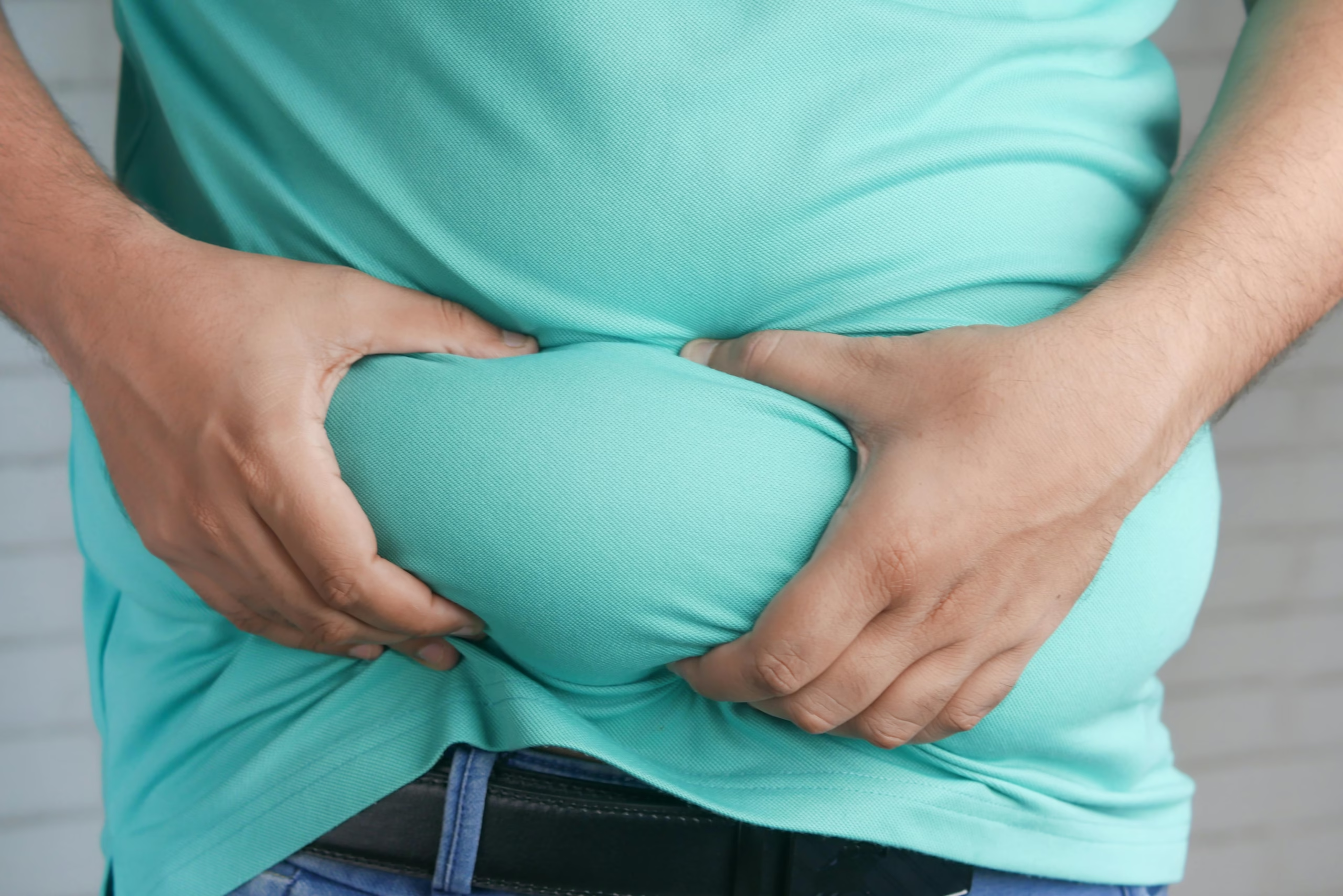Understanding Body Fat
Body fat is a crucial part of the human body, serving as an energy reserve, insulating organs, and supporting overall health. However, excess fat, especially visceral fat, can pose health risks like heart disease, diabetes, and metabolic disorders(Fat and weight loss).
Effective weight loss requires understanding how fat is stored and burned. This knowledge empowers you to make better lifestyle choices that lead to sustainable results.
The Science Behind Fat and Weight Loss
- Caloric Deficit: Fat loss occurs when you burn more calories than you consume. This forces the body to use stored fat for energy.
- Role of Metabolism: Your metabolism regulates how efficiently your body burns calories. Strength training and high-protein diets can boost metabolic rate.
- Fat Storage: Hormones like insulin and cortisol influence how and where your body stores fat. Balancing these hormones is critical for effective fat loss.
Best Practices for Fat Loss
- Adopt a Balanced Diet: Focus on whole, nutrient-dense foods like lean proteins, healthy fats, and complex carbohydrates.
- Incorporate Exercise: Combine cardio with strength training to maximize fat burning and preserve muscle mass.
- Stay Hydrated: Drinking water aids metabolism and reduces appetite.
- Prioritize Sleep: Poor sleep disrupts hormones that regulate hunger and fat storage.
- Track Progress: Use tools like fitness apps or journals to monitor your calorie intake and exercise routines.
Top Exercises for Fat Loss
- High-Intensity Interval Training (HIIT): Short bursts of intense activity followed by rest periods burn fat efficiently.
- Strength Training: Builds muscle, which increases resting metabolic rate.
- Walking or Jogging: Low-impact exercises that are easy to maintain long-term.
- Yoga and Pilates: Improve flexibility and core strength while reducing stress, which can help with fat loss.
Learn More:
- Learn about fat metabolism and weight loss
- Explore effective weight loss exercises
- Calculate your daily caloric needs
FAQs About Fat and Weight Loss:
1. What is body fat, and why is it important?
Body fat is stored energy essential for bodily functions like hormone regulation and temperature control. However, excess fat can lead to health risks.
2. How can I lose fat effectively?
Focus on maintaining a caloric deficit through a combination of healthy eating and regular exercise. Prioritize strength training and protein intake to preserve muscle while losing fat.
3. Can I target fat loss in specific areas?
Spot reduction is a myth. Fat loss occurs throughout the body and depends on genetics, diet, and exercise.
4. How does sleep impact weight loss?
Poor sleep increases hunger hormones like ghrelin and decreases leptin, which regulates satiety. Quality sleep supports balanced hormones and effective fat loss.
5. What role does metabolism play in fat loss?
Metabolism determines how efficiently your body burns calories. A higher metabolism burns more calories, even at rest, aiding fat loss.
More FAQs About Fat and Weight Loss:
6. Are all fats bad for weight loss?
No. Healthy fats, such as those in avocados, nuts, and olive oil, are essential for hormonal health and satiety. Avoid trans fats and limit saturated fats.
7. What is visceral fat, and why is it dangerous?
Visceral fat surrounds organs and increases the risk of diseases like diabetes and heart conditions. Reducing it improves overall health.
8. Can stress contribute to fat gain?
Yes. Chronic stress raises cortisol levels, leading to increased fat storage, particularly in the abdominal area. Managing stress is crucial for fat loss.
9. How fast can I lose fat safely?
Aim for 1-2 pounds of fat loss per week. Rapid weight loss can result in muscle loss and is often unsustainable.
10. What is the best diet for fat loss?
The best diet is one that fits your lifestyle and includes whole foods, balanced macronutrients, and sustainable practices, such as calorie tracking and portion control.
Home
Omega-3 Fatty Acids
Parkinson’s Disease
Intermittent Fasting
Gym
Keto vs Fad diets
Calorie Count in Guinness and Other Drinks
Effective Weight Loss Diet
